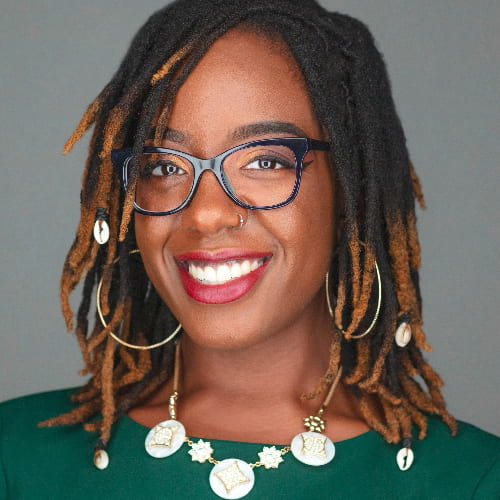— Reconcile, Rebuild, and Recover —
This year’s Women’s, Gender, and Sexuality Studies Symposium will be a virtual week-long celebration of student scholarship, creative work, and ideas that are underrepresented in Illinois State University’s traditional curriculum. Our theme “Reconcile, Rebuild, and Recover,” is inspired by National Youth Poet Laureate Amanda Gorman’s call to action with poem “The Hill We Climb,” . Gorman’s words remind our campus and surrounding community not to lose sight of how our collective spirits have been challenged. The symposium serves as an invitation to navigate our frustration, exhaustion, and doubt with the courage to “find light in this never-ending shade.” It prompts us to pause and “rebuild, reconcile and recover.” Please join us in this celebration.
For more information contact:
Alison Bailey (baileya@ilstu.edu) or Jamie Anderson (jlande4@ilstu.edu).
Keynote Speakers:
The WGSS Symposium is sponsored by:
The Sage Trust, The Fell Trust, The Latin American and Latino Studies Program (LALS), Milner Library, and The Women’s, Gender and Sexuality Studies Program (WGSS).
Organizers:
Jamie Anderson, Alison Bailey, Kristin Carlson, Courtney Ebersol, Rebecca Fitzsimmons, Rachel Hatch, Cassie Herbert, Angell Howard, Melissa Johnson, Dana Karraker, Ela Pryzbylo, Erika Sparby, Maura Toro-Morn, and Gavin Weiser.
Web Design:
Kristin Carlson, Annie Sungkajun, and Amanda Hoffman
Symposium Art and Graphics by Design Streak:
Thanks to Archana Shekara, Rhiannon Kelly, Olivia Meitz, Jacob Bartoszewicz, Polo Figueroa, and Zachary Keithley.
Land Acknowledgement
Illinois State University was built on and has benefitted from the land stolen from multiple Indigenous Nations. These lands were the traditional birthright of Indigenous Peoples who were forcibly removed and dispossessed of their land by settlers. Normal, IL is on the lands of the Peoria, Kaskasia, Piankashaw, Wea, Miami, Mascoutin, Odawa, Sauk, Mesquaki, Kickapoo, Potawatomi, and Ojibwe Nations. As settlers, we recognize that we have a responsibility to continue to learn, teach, and understand Indigenous histories and present-day realities as they pertain to these Nations as well as to confront the ongoing violence of settler colonialism.



